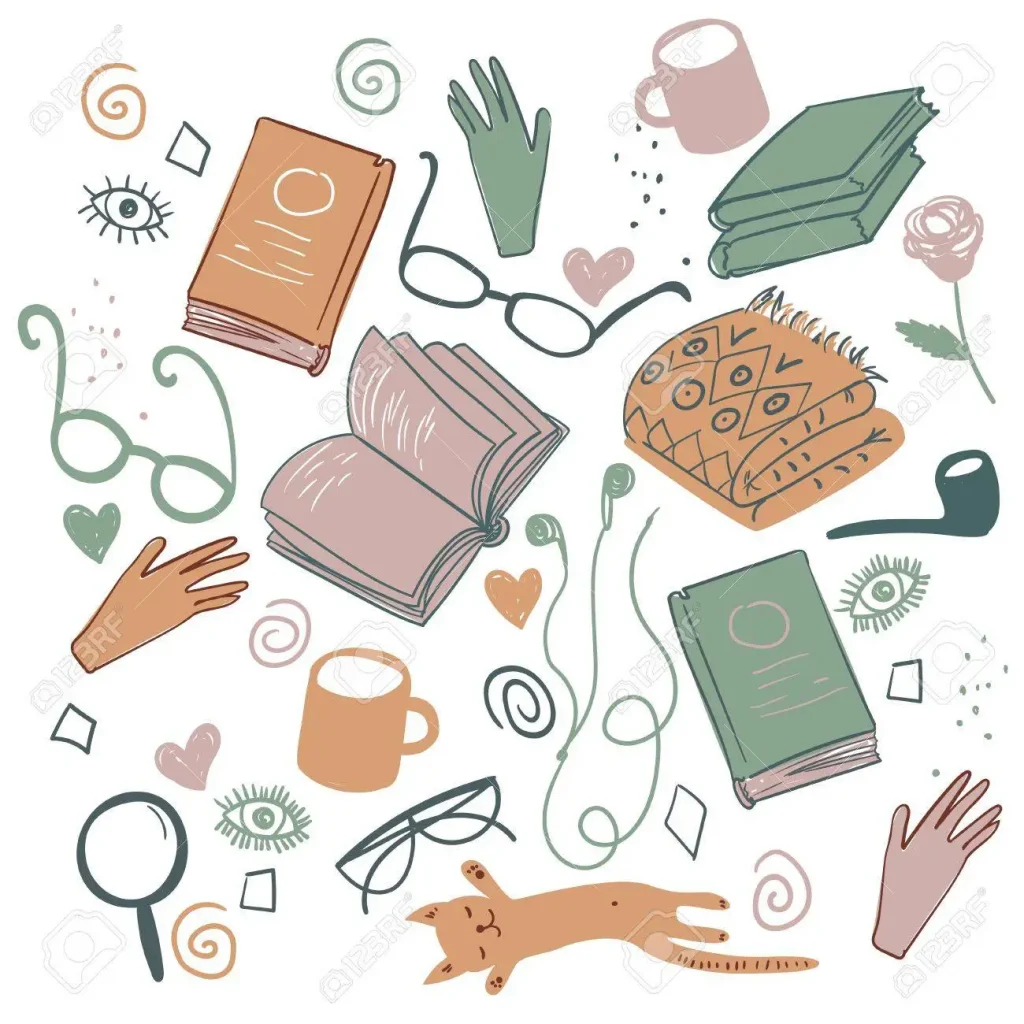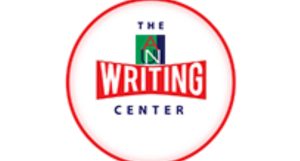By Chelsea Awang
Before enrolling in the literature program at the American University of Nigeria, I spent an inordinate amount of time scrolling through Quora.com: What can you do with a literature degree? Careers after an English bachelor? Why you should not study English literature. Why should you study literature?
This activity was my response to indirect jabs from half-friends and neighbors whose noses twitched, and eyes narrowed when I mentioned my desired major. Long ago, I decided to have a literature-focused career. I had come to terms with it, and my parents supported me. I had been writing from a very young age, and my parents believed that I could make a career out of it. The problem was an issue I had not thought about before; creative professions are unstable. You can never trust your body, its moods, and its creative flow. One could learn how to be disciplined, but no amount of discipline can override writer’s block. It was important to me that I could get a regular 9 to 5 job with my literature degree, something to keep me financially independent and stable. More importantly, I had to close off the comments, from within and without telling me not to pursue my dream career. It is my turn to be one of those loud voices, like those on Quora, bleeding out the rest, extending a hand and showing you what is so great about the major that has got me and others like me so hooked.
To begin, despite what stereotypes might lead you to believe, many well-paying office jobs with a literature degree allow you to pursue your creative career. The first job that comes to mind is the classic English literature teacher, but there are many other ‘cool’ jobs like copywriting, journalism, editing, social media managing, blogging, ghostwriting, publishing, and freelance writing. Even after mindlessly scrolling the internet for validation, I still knew what I wanted. I knew that even If I had found evidence, trustworthy or not, supporting the futility of the Literature degree I wanted, my endearment for the field alone would keep me stubbornly in love. I signed up for my major with no regrets, and I have none even now, three years on.
Before coming to college, I believed my degree would be all about reading books. It is much more. Young novelists think they can prose until they read the works of others, and everyone in their high school literature class thinks their poetry is peak art. You do not need to look far to find great writers. If you read casually, you will come across great prose, poetry, and drama by the page, but a literature degree broadens your horizon forcefully. Before starting my degree, most of my reading consisted of spicy young adult fiction —a hill I would still die on— and because this genre was all I read, it was also all I wrote. It took only a single semester of reading new books, of different genres, from various places to realize that my view of literature was one-note. As my reading diversified, so did my writing, and now this diversity is in my writing.
Theme reading, critical thinking, or whatever you want to call it; the reason every college student agrees literature majors are the most annoying; our staunch insistence that the curtains are blue for a reason, our defense of that. You read a story casually and enjoy that mode of consumption, but there is something special about thematic analysis, literary criticism, and all other pretentious subjects we ‘literarians’ enjoy. It is shamelessly vain, fanatic, and profound in our vested interest in history, art, people, and psychology. You end up leaving a lecture with more than you expected, like a different reading on a story, play, or poem you were sure you fully understood.
As a creative writing novice, one of the notable benefits of my literature studies is that it has taught me how to write. Anyone with basic literacy skills can spill their thoughts onto a white page without too much effort, but it takes much more for these thoughts to be artistic or beautiful. Studying literature taught me vanity, the vanity of words, and a love of their beauty. I reveled in ostentatious themes in simple structures and the complicated language of nonsense poetry. Until I entered college, my writing had a single goal; to tell a story. I had an idea of what beautiful writing should be – after all, I read books – even if I did not produce it. I had no idea how to seduce the mind with my language, how to euphemize the unpleasant and hyperbolize simple emotions. I am not yet proficient in these arts, but practice makes perfect and begins in the classroom.
I do not claim to be a great writer, but it is almost vexing as I appreciate my writing then and now. In addition, I do not deceive my readers with claims that a literature degree would be easy to achieve. It means passion, long hours filled with A LOT of reading and a lot more writing but making it to the other end leaves you changed; a completely different person, an educated person ready to face the world, pen in hand, with all the other skills you inevitably learn in college.



